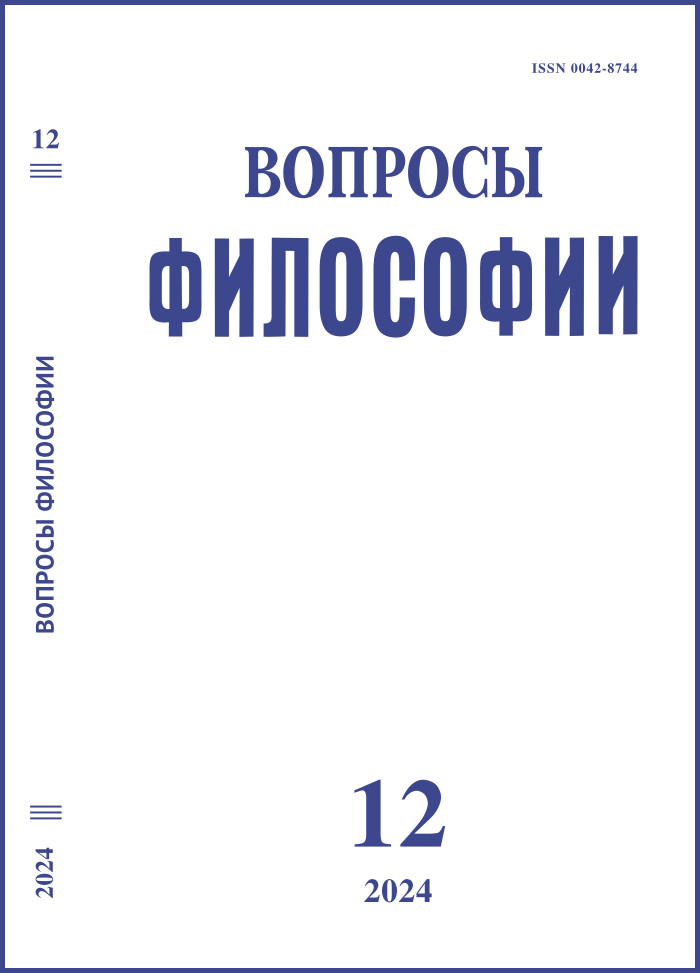The Catalogues of the Virtues and Strategic Immorality: Bipolar Ethics in Kāmandaki’s Nītisāra
DOI:
https://doi.org/10.21146/0042-8744-2024-12-159-170Keywords:
ethics, the good, evil, virtues, the catalogues of virtues, political strategies, human goals, dharma, Kāmandaki, MachiavelliAbstract
It is for the first time that recommendations to a “practitioning monarch” in the framework of the classical Indian political science has been introduced into the contexts of comparative ethics in this paper, and it is Kāmandaki’s Nītisāra (ca.7th C.A.D.), both scarcely studied and by no means insignificant, on which investigation is based. The catalogues of the virtues detected in the text provide us with direct correlates not only to the Platonic system of the cardinal virtues, but also to the Aristotelian differing between moral and intellectual virtues, and in both cases also some specific features (beginning with the priority of temperance in the Indian case and that of prudence in another one) are displayed. At the same time, the comparison of Kāmandaki’s and Machiavelly’s pragmatic immorality leads one to conclusion that while the Italian practical philosopher considered the evil as something contradictory (however helpful in some cases) to the good, for “Indian Machiavelly” there is no contradiction between them at all, inasmuch as they are contained simply in different compartment of the eternal dharma, sanctifying both of them for the solution of a monarch’s practical tasks

